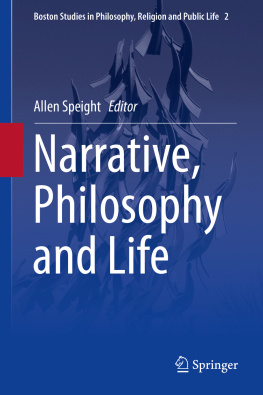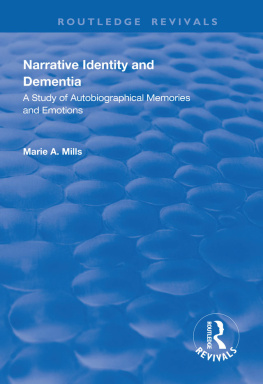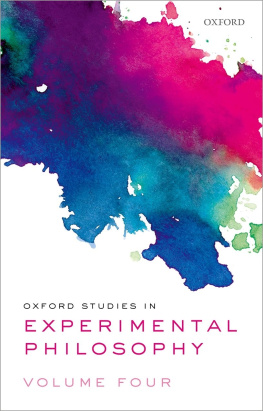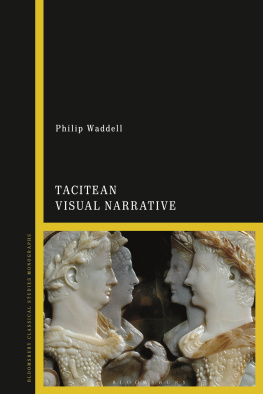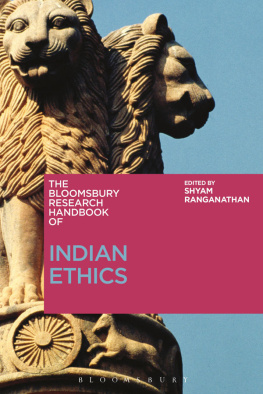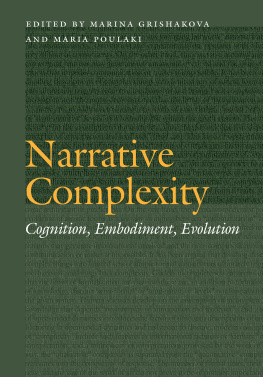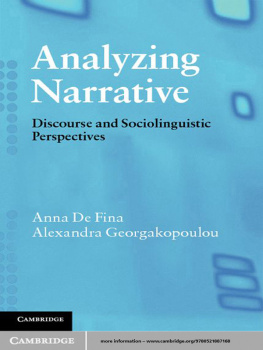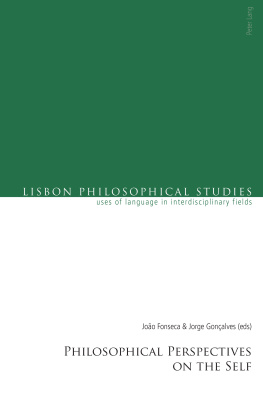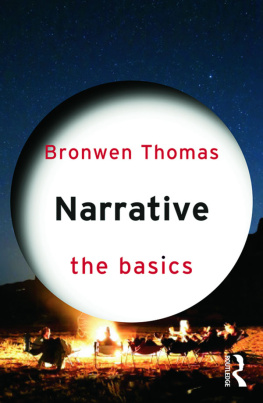1.1 Philosophy, Narrative and Life
What is narrative and (why) does it matter philosophically? Over the last few years this question has been taken up in a number of new ways by a wide range of philosophers and theoristsa conversation that has, by turns, provoked reactions both skeptical and affirmative. The result has been something of a generational shift in how narrative is philosophically appropriated.
Thirty years ago, the topic of narrative had been a focus for a number of philosophical figures. An unusual constellation of work beginning in the early and mid-1980s, including, among others, MacIntyre (), represented something of a high point in the assertion of narratives importance for a range of philosophical questionsmost intensely, perhaps, those concerning personal identity, moral psychology and normative ethics, as well as topics in aesthetics, literary theory and the philosophy of history.
The tone of the more recent philosophical discussion of narrative is more chary and rigorous, suggesting that the constructive ambition of the earlier discussion has moved into a more analytic and skeptical phase. Well-known skeptical attacks by G Strawson () in particular taken to undermine both empirical and normative conceptions of the narrative self that had been drawn on in earlier work.
Meanwhile attempts to give an adequate definition of narrative have brought out inherent difficulties in the concept. Narrative structure has been characterized both in terms of a certain causal relationship, as famously argued by Carroll (), with an eye on the difficulties that have emerged in attempts to define narrative, has proposed instead a gradational or spectrum approach to characterizing it.
At the same time, there has been a remarkable shift in literary theory that might also be called generationalaway from the (even longer-ago) heyday of narratology and formalist criticism to contemporary interest in the possible connections between narrative and contemporary research in the fields of evolutionary biology and psychology (Boyd ).
This volume is especially concerned with what narrative and philosophy have to say about life . Often this is a relationship couched in terms of familiar binaries or gaps, the most pressing of which is the one that Alsadair MacIntyre and others have formulated around the famous question of Sartres character Roquentin in the novel Nausea , who was dismissive of the ways in which agents led lives falsified by stories of great adventures: you have to choose: live or tell. Or, reformulated in the words of Louis Mink: stories are not lived but told.
Can life be a narrative? Even MacIntyre, who wants to see life as already somehow having a narrative shape, is nonetheless careful to notice that there must be a distinction between literary narrative and biography (Stories are lived before they are toldexcept in fiction; MacIntyre , 212).
The question of narrative and life has been pursued in terms reminiscent of the Aristotelian distinction between zo and bios : organic life and life that has a biography and is centered on a character. Zahavi () and Schechtman (this volume) consider the difficulties of selfhood and whether the narrative abilities that characterize adults with high cognitive abilities are indeed required for selfhood or whether a more minimal sense of self runs through a range of not otherwise narrative agents (non-human animals, human infants and those suffering dementia).
The question of biographical narrative provokes also questions about gaps within our temporal perspective on life. How, for example, do the prospective and planning features of our narrative persona (with the forking paths of potential decisions that interest Goldie ) go together with the more retrospective view that narrative can offer for the work of biography or autobiography? Kierkegaards famous remark that life can only be understood backwards but must be lived forwards is reflective of this narrative/life gap.
And there are similar difficulties in considering the narrative relation between what one does and what one must undergo in life. Arendt quotes as the epigraph of her narrative-rich discussion of Action in The Human Condition Isak Dinesens remark that All sufferings can be borne if you put them into a story or tell a story about them (Arendt ).
Amidst all of these questions about the potential gaps between life and story, lower and higher self, prospective and retrospective views of narrative, and agency and suffering, another set of questions arises concerning the importance that narrative may or may not have for philosophical lives, especially. All philosophers are presumed to have biographies, of course, but the question of what import biographical study of (or autobiographical claims about) the lives of those philosophers may hold for the understanding of their philosophical writings is one that is open to dispute. Considered as a sub-question of the larger concern with narrative and life, one important difference is worth noting: as Steven Nadler points out in his essay in this volume, there have been over the years far more numerous explorations of the connection between life and writing for certain literary artiststhink, for example, of the amount of biographical attention given Virginia Woolfthan even of such fundamental figures as Spinoza and Socrates.
But since, as Nadler points out, the last few years have seen an explosion of new philosophical biographies, especially in the rich territory of early modern philosophy, one of the aims of this volume is to draw together the thoughts of a number of leading practitioners of the craft of philosophical biography. Along with Nadlers account of Spinoza, we have included reflections by leading biographers and scholars of the work of Descartes, Hume, Kant and Fichte, among others.
The origin of the collection lies in a year-long lecture series and conference hosted by the Institute for Philosophy and Religion at Boston University in 20092010. The broad topic of the year as a whole was Narrative WisdomNarrative Meaning, and this was taken up in a wide-ranging series of interdisciplinary talks, as well as in a focal conference on the issues concerning philosophical biography and autobiography.
1.2 Scope and Aims of the Volume
As suggested, the volumes interest in the intersections among narrative, philosophy and life has two primary points of focus: one broadly theoretical, concerned with philosophical attempts to understand the function and place of narrative; one both practical and historical, concerned with how the biographical and autobiographical may matter in our specific assessments of philosophers thought and writings. Part I takes up several key philosophical questions and concerns about narrativefrom how we should locate its relation to philosophy in the broadest sense to the more specific philosophical concerns that narrative often raises for notions of selfhood, personal identity, temporality, agency and moral responsibility, among others.
Since many of the essays here and in contemporary accounts of narrative have responded in one way or another to Strawson (), we begin the volume with a republication of this essay. Strawsons critique correctly begins to try to sort out what is at stake in some of the quite different claims made on behalf of narrative: for example, the difference between the empirical claim that we happen to be creatures who understand ourselves through stories and the essentially normative claim made, for example, by Taylor, that it is a basic condition of making sense of ourselves that we grasp our lives in a narrative . Strawson argues that the boldest earlier claims for narrative failed to take into account the sort of distinction he draws between the perspectives of narrativists and episodists the former tending to construe a temporal integrity through numerous life events and the latter inevitably unable to see life as more than a series of disconnected episodes.

